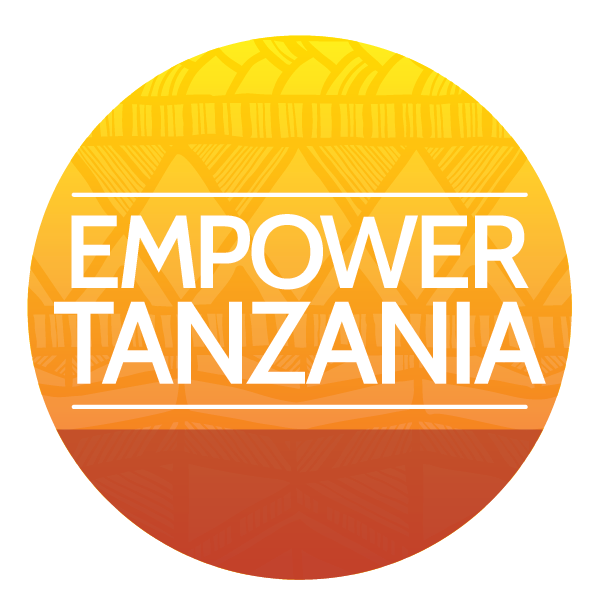Ten Things to Know About CHAP (Part 1)
Have you ever wondered how health programs in sub-Saharan Africa actually work? This blog post is part of a series that will take a closer look at our Community-Hospital Alliance Program (CHAP). In just over one year, CHAP has reached over 10,000 people in rural Tanzania and continues to be an integral response to the lack of access to healthcare in this impoverished nation.
CHAP fills a major healthcare need. The Community-Hospital Alliance Program (CHAP) was designed by Empower Tanzania and Global Health Administration Partners to improve healthcare access and health knowledge in 21 Maasai villages in rural Same District, Tanzania. In a country of 40 million people with 11 hospital beds per 10,000 and an extreme shortage of doctors, access to quality healthcare is a major hardship—especially in rural areas. By the time patients with little money and no transportation finally make it to a district hospital, they’re quite ill and have received no care. Many are pregnant women in labor with complications. CHAP is part of our response to this difficult reality.
CHAP works in close collaboration with local government and community leaders. CHAP began in 2014 with visits to Maasai communities by Empower Tanzania and Global Health Administration Partners from the US and Tanzania to introduce the concept, seek the input of the Maasai villagers, and request selection of women from each village to be trained as Community Health Workers (CHWs). These relationships are integral to the program.
Women are key to the success of CHAP. In 2014, village elders each selected a married woman literate in Swahili to be trained as a CHW. Culturally, it is important to work with married CHWs to ensure stability in the program. This is because in Maasai culture, when married, women leave their home village to live in their husband’s village. A level of literacy is necessary because much of the training requires that the CHWs can read. 30 women were selected and trained during a 15-day program conducted by a team of U.S. healthcare providers, Empower Tanzania staff, and two Tanzanian nurses using a standardized curriculum for home-based care/palliative care and birth attendant training augmented with additional relevant topics.
It truly takes a village. While the CHWs receive training, other women in the village assume most of the home duties in their absence—cooking for their husbands, fetching water and firewood—everything except childcare. No Maasai woman is ever away from her infant or toddler children. This has resulted in lively groups of little ones present during CHAP trainings. Sessions in the resonant meeting hall are characterized by continuous children’s noises with periods of cacophony so loud the instruction is briefly interrupted to allow the noise level to settle down!
CHAP features a top-notch international faculty. In June, a refresher course was conducted by two Tanzanian nurses, the Empower Tanzania gender-based violence program director, and Dr. Jeff Carithers. Training covered a variety of topics ranging from danger signs of pregnancy, control of post-partum hemorrhage, malaria prevention, HIV/AIDS, family planning and safe water practices to training on the measurement of blood pressure and other vital signs and emergency treatment of wounds, burns, and fractures. Over 30 public health education and healthcare videos were used in the training. CHAP has incredible volunteers from all over the world who give their time and expertise to ensure the success of the program.
Empower Tanzania is not simply providing a bandage and then heading home. Rather, through CHAP and programs like it, we are educating rural Maasai women so that they can care for the people of their community with the skill and knowledge that is theirs forever. CHAP provides EDUCATION and EMPOWERMENT. Stay tuned for five more facts about CHAP and the ways in which Empower Tanzania is effectively working in Tanzania…

